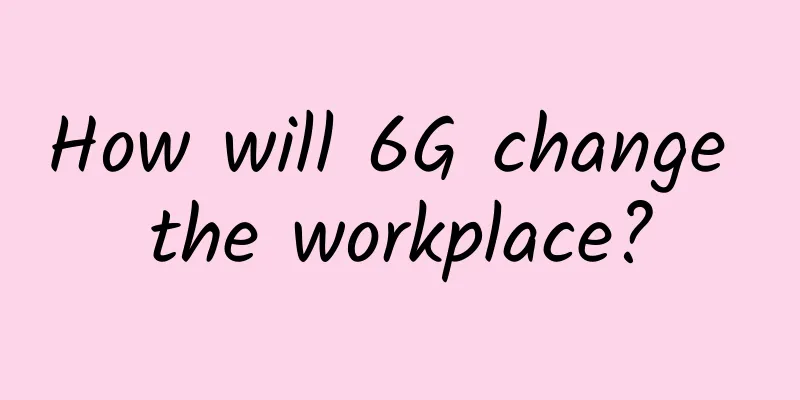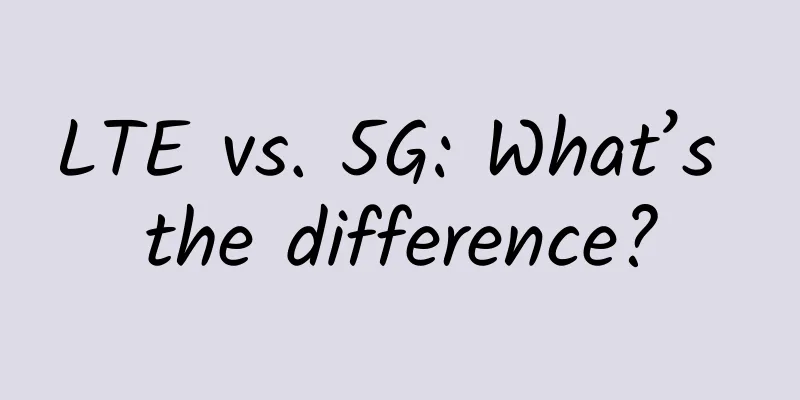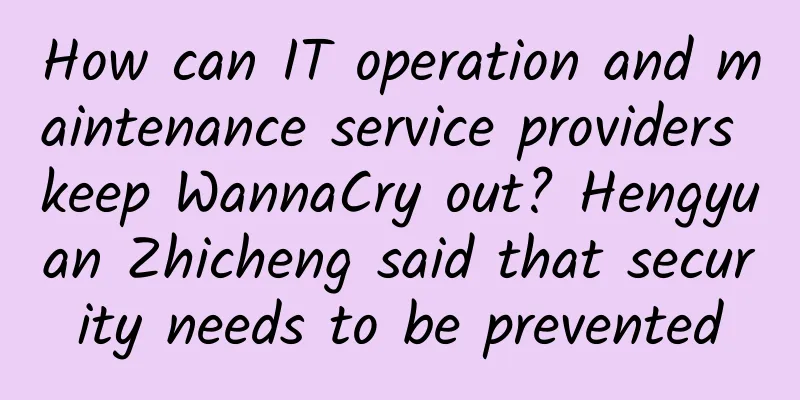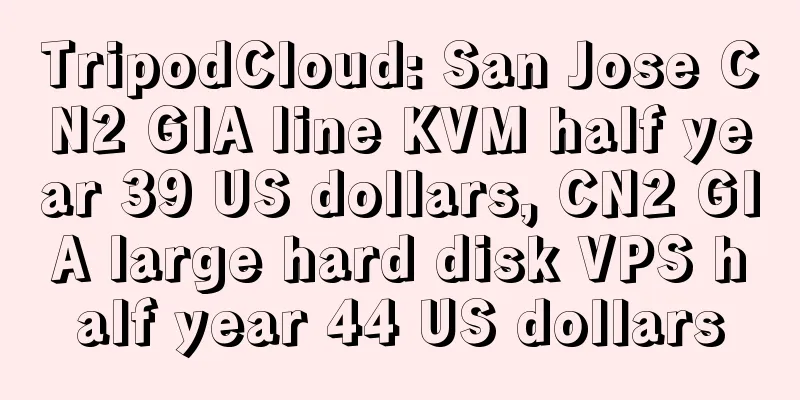Blockchain and what it means for big data
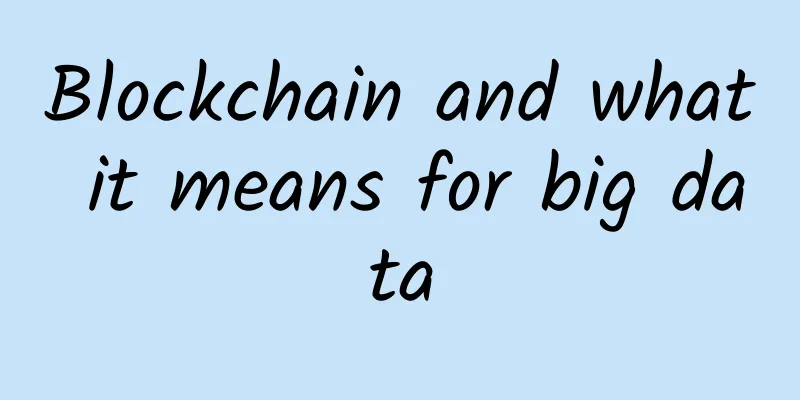
|
Blockchain is arguably one of the most significant developments in information technology in the past few years, with the potential to change the way the world uses big data, and its enhanced security and data quality are just two of the many benefits that businesses can expect from using blockchain. People will benefit more from the creation of this iconic technology by the founder of blockchain, Satoshi Nakamoto. What is blockchain? Blockchain is a distributed database system that acts as an "open ledger" to store and manage transactions. Each record in the database is called a block and contains details such as the transaction timestamp and a link to the previous block. This makes it impossible for anyone to retroactively change the recorded information. In addition, since the same transaction is recorded on multiple distributed database systems, the technology is secure by design. Considering the above, blockchain is immutable and its information remains in the same state as long as the network exists.
Blockchain and Big Data When people talk about blockchain in the context of Bitcoin, the connection to big data seems a bit far-fetched. If not Bitcoin, then is the blockchain a ledger for other financial transactions? Or business contracts? Or stock transactions? The financial services industry is beginning to take a serious look at blockchain technology, which UBS Group AG Chief Information Officer Oliver Bussmann said could cut transaction processing times from days to minutes. It is imperative that financial services businesses adopt blockchain technology. Imagine a blockchain of this magnitude. Its massive data lake contains the entire history of all financial transactions, all available for analysis. Blockchain provides the integrity of the ledger, but not for analysis. This is where big data and related analytical tools will come into play. Opportunities for big data analytics Recently, a consortium of 47 Japanese banks signed a contract with a blockchain startup called Ripple to facilitate the use of blockchain for fund transfers between bank accounts. The main reason for signing this deal is to transfer funds in real time at a very low cost. One of the reasons why traditional real-time transfers are expensive is that they have a potential risk factor. Double spending (which is a form of transaction failure where the same security token is used repeatedly) is a real problem faced by real-time transfers. With blockchain, this risk can be significantly avoided. Big data analysis makes it possible to identify consumer spending patterns and identify high-risk transactions faster than it is now. This reduces the cost of real-time transactions. Outside of banking, the main driver for blockchain adoption is security. In healthcare, retail, and public administration, companies have begun experimenting with blockchain to process data to prevent hacking and data breaches. In healthcare, technologies such as blockchain can ensure that multiple "signatures" are sought at various levels of data access. This can help prevent a recurrence of attacks such as the 2015 attack that resulted in the theft of more than 100 million medical records. Possibility of real-time analysis Until now, real-time fraud detection has been only a dream, and banking institutions have relied on technology to identify fraudulent transactions. Since blockchain holds a database record of every transaction, it can provide institutions with a way to mine patterns in real time if needed. But all these possibilities also raise questions about privacy. This is the opposite of what made blockchain and Bitcoin popular. Some industry experts worry that the technology, which provides a record of every transaction, could be used for everything from customer profiling to analytics for other purposes. But from another perspective, blockchain greatly improves the transparency of data analysis. Unlike previous algorithms, blockchain is designed to reject any input that cannot be verified and is considered suspicious. Therefore, analysts in the retail industry can only deal with completely transparent data. In other words, customer behavior patterns identified by blockchain systems may be more accurate than they are now. Discover transaction data It is predicted that the data in blockchains will be worth trillions of dollars as blockchain continues to be used in banking, micropayments, remittances, and other financial services. In fact, by 2030, the value of blockchain ledgers could reach 20% of the big data market, with annual revenues of up to $100 billion. To put this into perspective, this potential revenue exceeds the revenue currently generated by financial payment tools such as Visa, Mastercard, and PayPal. Big data analytics will be critical to tracking these activities, helping organizations make smarter decisions using blockchain. Data intelligence services are emerging to help financial institutions, government agencies, and organizations of all kinds delve deeper into their possible interactions with blockchains and uncover “hidden” patterns. Discovering social data As Bitcoin’s popularity grew in 2014 and 2015, the virtual currency began to fluctuate wildly in response to real-world events and public sentiment toward technology, and these fluctuations have proven that virtual currencies have several characteristics that make them ideal for social data prediction. Industry experts said, “Using social data to predict consumer behavior is nothing new, and many traders have been looking to incorporate social indicators into their trading algorithms. However, because there are so many factors involved in the pricing of most financial instruments, it is very difficult to predict how the market will move.” Fortunately, Bitcoin and social media users tend to align, and using both data for data analysis could be beneficial, he further explained:
Data analysts are now mining social data to gain insights into key cryptocurrency trends. This in turn helps organizations It reveals powerful demographic information and ties Bitcoin’s performance to world events. Uncovering the new form of data monetization Bill Schmarzo, Dell EMC Services CTO, said blockchain technology also has the potential to facilitate transactions by eliminating middlemen to enable the sharing and monetization of data and analytics. "In the business world, this gives consumers more powerful negotiating power. It allows consumers to control who has access to their data through the blockchain. They can then demand pricing discounts in exchange for their personal consumption data on a company's product or service." Schmarzo elaborated on how blockchain could lead to new forms of data monetization because of its impact on big data in the following ways:
Ultimately, blockchain can become a key enabler of data monetization by creating new marketplaces where companies and individuals can directly share, sell, and make their data and analytical insights available. Driven by the mass adoption of Bitcoin, blockchain technology has gained ground in the business and financial sectors. The fast and secure transactions it facilitates could revolutionize traditional data systems. According to a survey by KPMG and Forrester Consulting, one-third of decision makers trust their company's data. But blockchain technology can greatly strengthen this trust, and its real-time applications will become more common. |
<<: Global IoT connection technology market forecast by type in 2025
>>: Everyone has seen the website 404 error. Do you know why it is 404?
Recommend
Megalayer October promotion: US dedicated servers from 199 yuan/month, high-defense servers from 299 yuan/month, optional CN2 line
Megalayer has launched the Golden Autumn October ...
How to use gdb to accurately locate deadlock problems in multithreading
[[337631]] This article is reprinted from the WeC...
How to save records when surfing the Internet? You need to know the relationship between Session and Cookie
Why use Session and Cookie? In a nutshell, becaus...
How do operators’ mountaineering teams climb “5G+Industrial Internet”?
Industry is the foundation of a country and the m...
Microsoft blocks IE10 and other older browsers from accessing official websites
Although you may have bought the genuine version ...
spinservers: $19/month - Dual E5-2670, 8G memory, 500G disk, 10TB monthly bandwidth, San Jose/Dallas data center
The tribe has shared information about spinserver...
Inventory | 7 major acquisitions in the cybersecurity field recently
Cybersecurity is more important today than ever b...
With HTTP protocol, why do we need Websocket?
[[428410]] WebSocket is a full-duplex communicati...
The iPhone 12 finally uses 5G, but is it really too late?
At the Apple conference this morning, the most ex...
Learn RTMP and RTSP streaming protocols in seconds
RTMP and RTSP are two common streaming protocols....
RAKsmart: 30% off on all VPS, VPS hosting in Hong Kong/Japan/Los Angeles/San Jose starting from $1.99/month
RAKsmart's December year-end promotion has be...
[Python Flask Practice] Get HTTP request data
[[389990]] When the client accesses the server pr...
The time is approaching! my country will have 5G commercial networks as early as the second half of 2018
The 5G standards will gradually be released next ...
HostDare: 10% off on CN2 GIA VPS in Los Angeles, starting at $44.99 per year
HostDare launched a promotion for the CKVM series...
